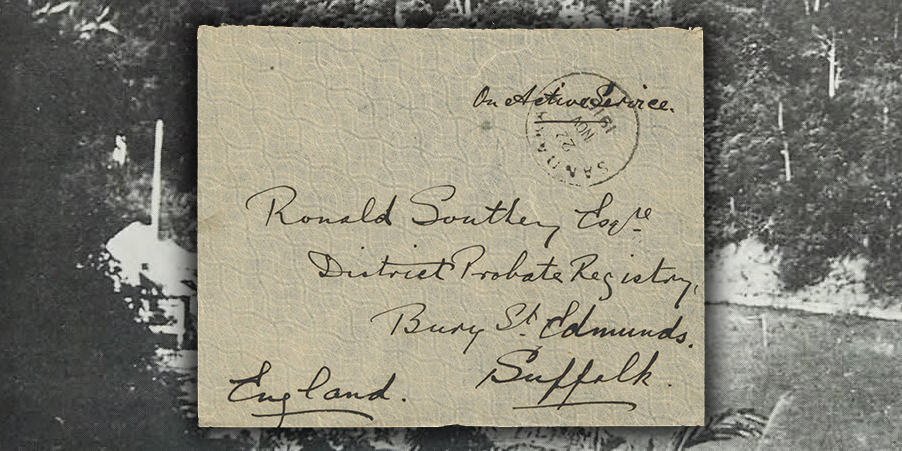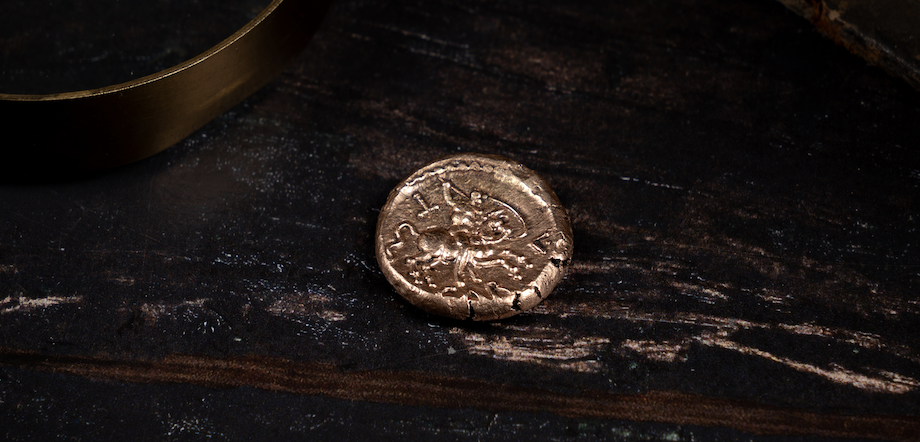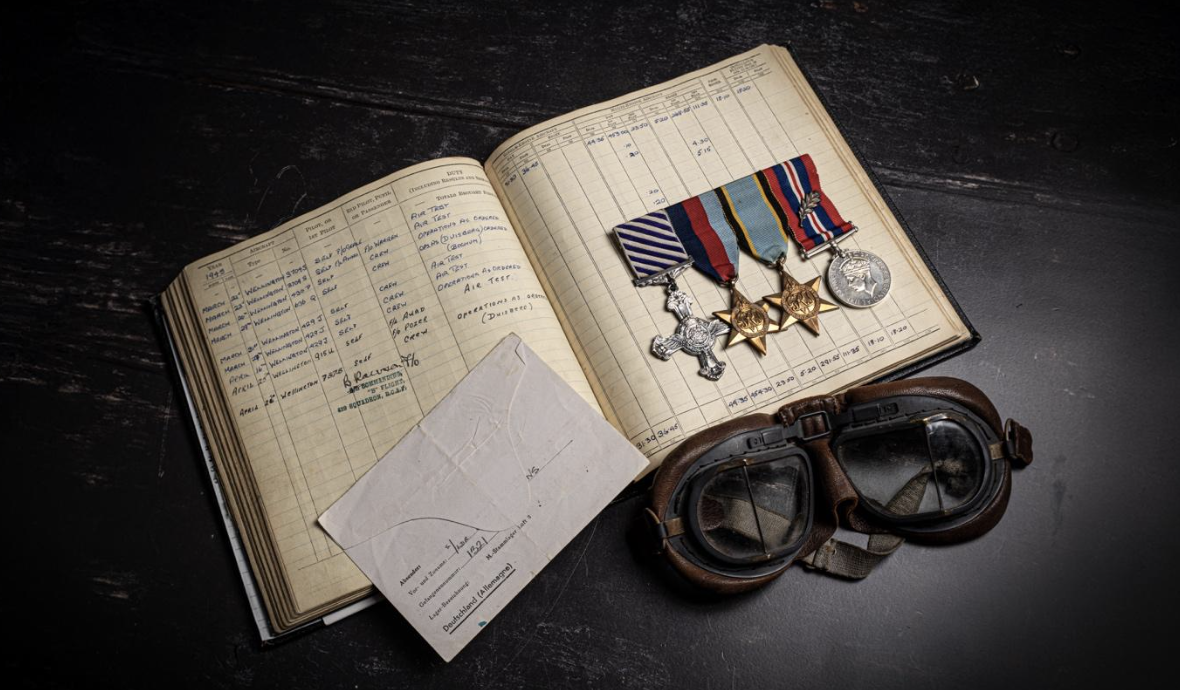The world of auctions – especially when it comes to numismatics and philately – may have an unshakeable image. However, it is extremely promising to see a new group of passionate young people stepping into roles across the many varied departments, taking on roles from specialist to operational and even auctioneering.
The route into working in auctions can seem particularly ill-defined, from degree choices to skill set, and even individual character type. What to study, what to focus on, and what to write in a cover letter? So, it is important to look at the latest intake into jobs in this area. It might surprise you that there is not just one traditional route…
Cordelia Cheriton, 24, is a relatively new Auctions Operations Assistant at Baldwin’s Auction House, situated at 399 Strand, London. After a mere matter of months in the role, she is demonstrating how far passion can lead you, and she has already turned her hand to auctioneering.

Cordelia holds a Masters in Classical Archaeology from Oxford, having previously studied Ancient History and Archaeology as a Joint Honours at Nottingham. With little insight into or background knowledge of the industry, auction houses did not factor into her plans until she came across an auction house presenting at a university careers fair, after completing her Masters.
She comments that, with archaeology, the obvious career path might be to work in a museum, or to go into practical archaeology, but this didn’t seem feasible or attractive. After working front of house for a year at Kensington Palace, she realised this wasn’t for her long term, and changed tack.
“I sent out my CV to any auction house that said they were accepting CVs. Stanley Gibbons and Baldwin’s was one that was, and who got back to me. They offered me some work experience, and at the end of that, an internship, and at the end of that, a permanent job,” she said.
So, what was in her successful cover letter? Unsure of what specialisms might be needed, what skills and knowledge, Cordelia opted for honesty and enthusiasm – and it was just this that grabbed her now boss’s attention. Admitting gaps in knowledge, coupled with a passionate willingness to learn – and readiness to muck in with all activities – was a strong proposition.
And what were her own expectations of the job?
“The Archaeology Department at Oxford was definitely more female-heavy, I would say about 70:30. But my idea about the auction side of things was that it was more business-geared and so more male-dominated. I hadn’t thought about it before I applied – and this probably has something to do with my upbringing and my parents always encouraging me to do anything I wanted without seeing barriers – but it did strike me in the first couple of weeks…. where are all the girls?”
However, despite on the surface being in the minority, Cordelia has been given every opportunity to try out new skills and has impressed her team and her clients with her stints at the rostrum, something she is particularly proud of and keen to keep doing as much as possible.
“The image of a female auctioneer is extremely powerful. I was aware when I first tried out auctioneering that there weren’t many female auctioneers at all…so that’s something I’m really proud of.”
On a day-to-day basis, as Auctions Operations Assistant, Cordelia’s role is largely client liaison, particularly in the post-sale – including meetings, invoices, preparing items for shipping and problem solving. The heavily client-based nature of the job has been surprising and enjoyable for her – and against certain images of people in the field being closed off and working in a silent bubble.
“It’s surprising to find that it’s very client focused – it’s about being a people person. I do think that’s something that goes across the auctions team and the specialists, not just in my role. I love working with clients. A problem or question can arise in the morning, and it can take all day to solve, but it’s rewarding. It’s really nice to know that you’ve helped someone. It’s also vital to be on site, which I like. If someone has a question on a particular item, you have to go downstairs and physically locate it.”
Since beginning her internship, Cordelia knew that auctioneering was something she wanted to do, and her enthusiasm has brought about training and experience in the skill. She sat down with her boss to talk through the theory of being on the rostrum , from how the numbers work, to increments, and what to do when things don’t go to plan. From there, it took active practice, from auctioneering in front of the mirror to enlisting family members to create fake bids. But whether auctioneering or clerking, it’s clear that Cordelia is spurred on by the thrill of the environment:
“I hope to auctioneer as much as I can, yes, I really hope so. But even as a clerk I have seen a couple of white glove sales, where every single lot sells. This can be extraordinary when you might have over 600 lots. And when something goes way over the estimate, if you get two people who really want it, it’s like a Mexican standoff.”
To Cordelia, working in auctions is exciting enough, but being from an archaeological background, it is coins and militaria – in particular coinage from the middle imperial period of Rome – that really inspire her, and she continues to work with a wide variety of items, learning constantly from her specialist colleagues.
“For me, particularly with coins, somebody’s actually used that, they have bought something with that, it’s somehow ended up here. It’s so tangible.
“I’ve not worked here very long; I’ve got no plans to move on…there’s so much room to move up or sideways, so I can definitely see a career here. I’m learning so much.”





